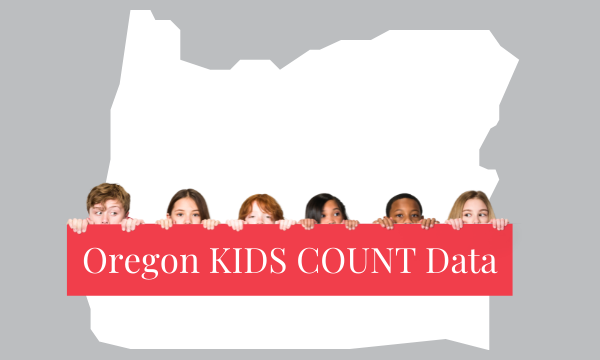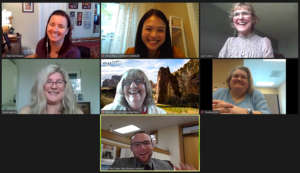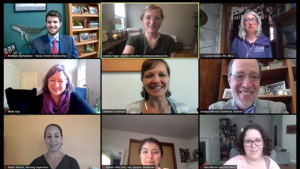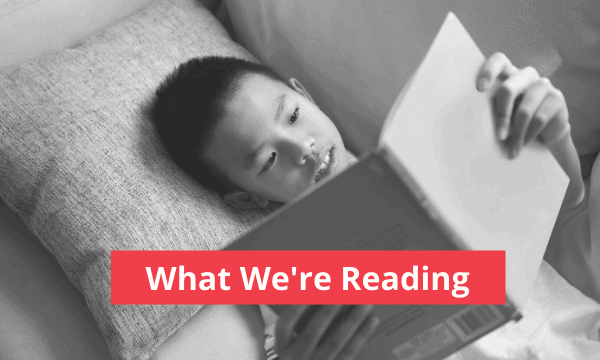
Oregon KIDS COUNT Data: The Future for Oregon’s Children is Tied to Today’s Investments
In May, Our Children Oregon released the 28th annual Oregon KIDS COUNT data cards with state and county-level data on child well-being across four core areas: Economic well-being, education, health, and family and community.
From Our Children Oregon’s press release:
These data showcase the impact of investments that were made in the response to the Great Recession. It took many years to feel the impact of these investments on outcomes for children. This points to the importance of using data to inform the decision-making taking place now as these choices will be felt in the years and generations to come.
Oregonians have the opportunity to make a commitment to invest in young children, families, and communities, which is a top priority on the Early Childhood Coalition’s (ECC) 2021 legislative agenda. The ECC is urging state lawmakers to commit to continued improvement in early care, education, and supports for all of Oregon’s young children and families, and to center the voices of those most impacted by legislative actions in their decision-making processes.
As a policy advocacy organization, Children’s Institute relies on Oregon KIDS COUNT to access high-quality data about child well-being. As racial equity and economic justice are core values of CI, we also believe that through this information we can better understand community conditions and opportunities to advance equity. When racial equity is at the center of decision-making, early childhood programs and services can mitigate disparities by race/ethnicity, income, geography, disability, language, immigrant and refugee status, houselessness, and foster care.
KIDS COUNT allows us to take a first look at statewide data trends of where children are on key indicators of child health and well-being. Children’s Institute has identified some of these indicators as:
- Children in poverty
- Preschool aged children (who has access to early learning, who is not in school)
- Fourth grade reading proficiency
- Low birth weight
- Children without health insurance
Marina Merrill, director of research and strategy at Children’s Institute, explains that the high-level snapshots from KIDS COUNT can serve as a good jumping off point for further exploration of county and community levels; and can allow us to dive deeper, disaggregate data, ask questions about who the system seems to be working for, and identify opportunities for improvement.
“These data are just the starting point to formulating deeper questions about the why,” she says. “When paired with the community context and qualitative data, we can make richer meaning of the data to shape policy, informed by and with our community partners.”
Read more about the Early Childhood Coalition’s 2021 Policy Priorities

 By the end of the kick-off, participants knew how to write an advocacy letter, learned tips for talking to legislators, and practiced giving testimony.
By the end of the kick-off, participants knew how to write an advocacy letter, learned tips for talking to legislators, and practiced giving testimony. Not to mention,
Not to mention,

 RAPID-EC Survey
RAPID-EC Survey